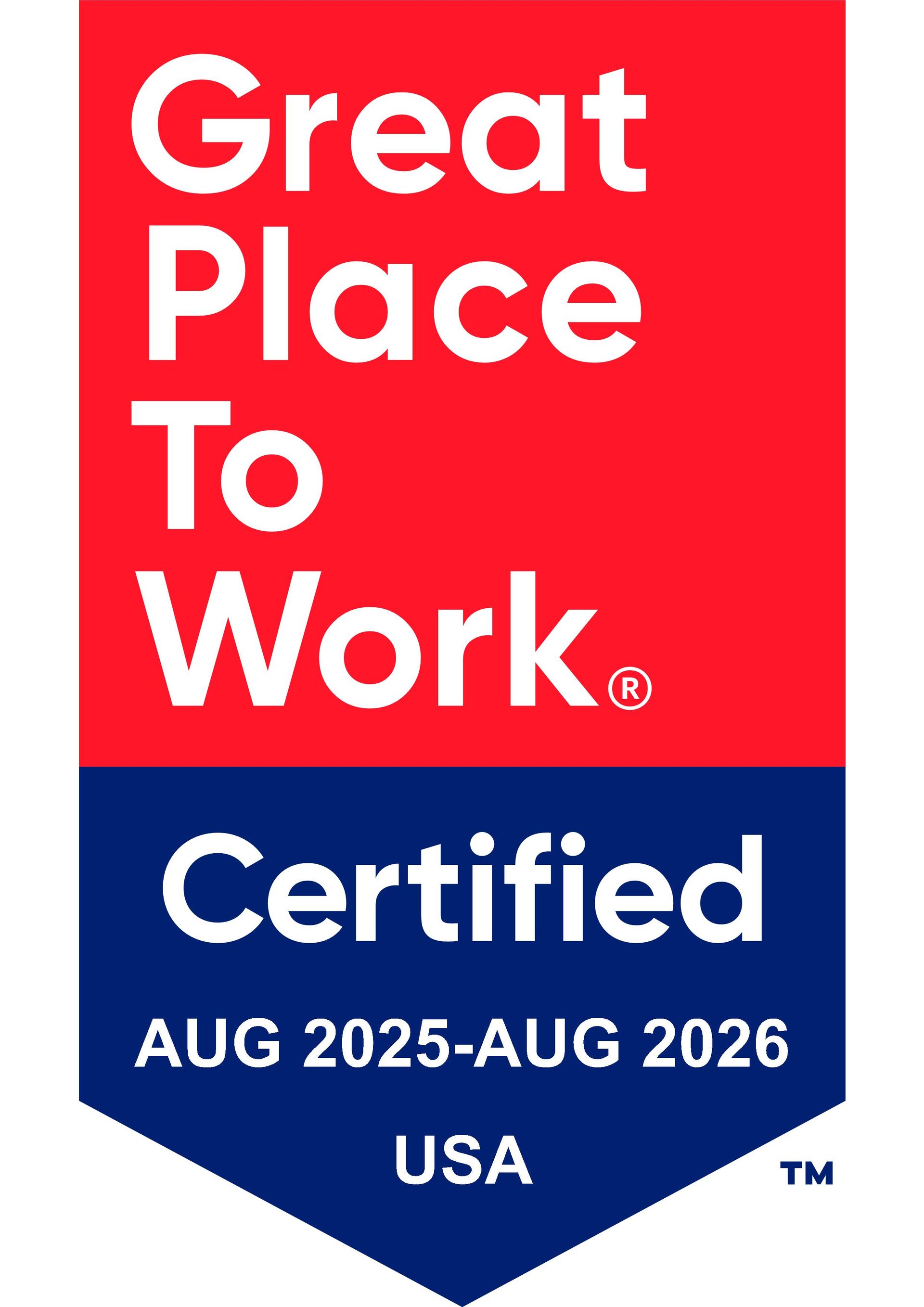
Why Do Some Employees Work Harder Than Others? How Employee Benefits Can Make the Difference
18 September 2023

In the world of work, there's an age-old debate: what truly motivates employees to give their best? Some argue that passionate employees are driven by the love of their job, caring less about the paycheck and more about the satisfaction they derive from their work. They're the ones who willingly arrive early and stay late without batting an eyelid at the thought of overtime pay. On the other side of the ring are proponents of the "motivation-productivity" theory, asserting that engaged employees not only work harder but also produce more, ultimately earning higher wages.
So, which theory holds more water? Let's delve into this age-old question and explore how proper incentivization, particularly through employee benefits, can significantly impact productivity and save companies money in the long run.
The Donating vs. Motivation-Productivity Debate
In recent years, labor economists have sparred over the motivations that drive employees in their professional pursuits. Is it the intrinsic satisfaction of appreciating their workplace, or is it the allure of a bigger paycheck? The "donating" theory posits that workers who find deep satisfaction in working for their organization are willing to accept lower wages, as they appreciate their workplace and wish to support it. They're the ones who clock in early and leave late, driven by a sense of purpose rather than financial gain.
Contrastingly, the "motivation-productivity" camp argues that engaged employees not only excel in their roles but also contribute to increased work output. These employees, driven by motivation, naturally earn higher wages through their enhanced productivity.
The Study that Shed Light on the Debate
To settle the score, a group of Italian economists conducted a study focusing on 4,134 paid workers from 320 Italian non-profit organizations. These organizations often offer lower wages than other industries, making them a prime candidate for passionate employees. Participants were asked to rate their identification with a definition of work as a contractual relationship where labor is exchanged for pay.
The results were illuminating. Those who fully embraced the idea of working solely for monetary compensation earned, in some cases, up to 5 percent less than their peers. Intrinsic motivation, the desire to help their company succeed, had a notable impact on wages. Those willing to work for the love of the job often earned more than those solely motivated by financial gain.
Why does this happen? One reason is that intrinsically motivated employees tend to be more productive, putting in additional hours, which offsets the "donated" work. While the effect on pay was relatively modest, amounting to around 1% of total wages, it became clear that intrinsic motivation leads to extra productivity, resulting in higher paychecks.
Additionally, the researchers highlighted the importance of personal goals aligning closely with the company's objectives. When employees feel a strong connection between their aspirations and the company's mission, it fosters commitment and loyalty, ultimately contributing to increased productivity.
The Key Takeaway for Employers
So, what's the key takeaway for employers? It's essential to ensure that your employees genuinely care about their workplace, as their increased productivity can pay for itself. And one of the most effective methods to motivate employees to care about their workplace is by offering robust employee benefits.
Employee benefits act as a central motivating factor intrinsically connected to the workplace. They provide crucial support to employees, helping them feel positively about their job, and in turn, encouraging them to put their best foot forward. When employees see that their well-being is a priority for the company, they're more likely to reciprocate with enhanced productivity.
But here's the kicker: employee benefits don't have to be a financial burden for your company. At KBI Benefits, we've helped countless clients save a substantial 30-40% on their employee benefits costs compared to the competition. Our innovative financing models make it possible for companies of all sizes to offer enticing benefits packages, effectively incentivizing their employees to be their most productive selves every day.
In conclusion, the age-old debate about what motivates employees is far from settled. However, what is clear is that when employees feel genuinely connected to their workplace and well-supported through robust employee benefits, their motivation and productivity soar. If you're looking to motivate your team and save money in the long run, consider the power of employee benefits. Speak with a KBI Benefits agent today to learn how we can help your company thrive by incentivizing your employees to be their best. After all, when your employees succeed, your company succeeds.



